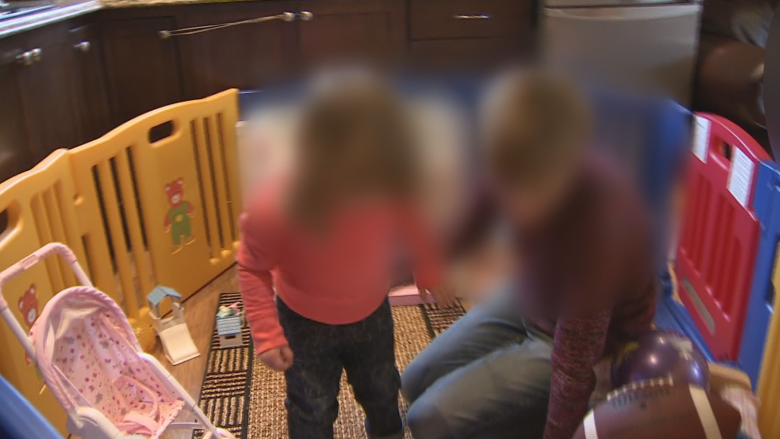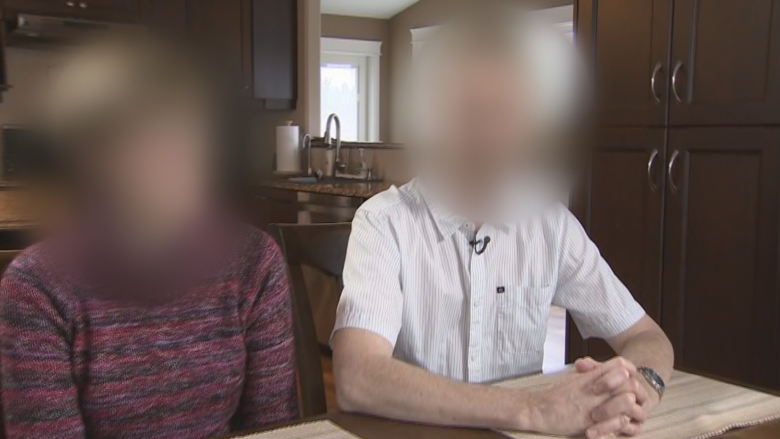B.C. government challenging custom adoption granted in the N.W.T.
The British Columbia government is challenging a custom adoption granted in the Northwest Territories in 2016.
The case underscores the differences in how custom adoptions are defined and recognized outside of the territories.
The matter was before Justice Shannon Smallwood this week in the Supreme Court of the Northwest Territories in advance of a judicial review on May 7.
The case centres around the adoption of a young girl who was in foster care in British Columbia.
The child, known as S.S. in court documents, was born in 2013 in B.C.
Days later she was placed with foster parents, L.M. and R.W.B., who are now trying to get their custom adoption, which was granted in the N.W.T. in 2016, legally recognized.
A custom adoption is as an arrangement made between two Indigenous families. In the Northwest Territories, the Aboriginal Custom Adoption Recognition Act gives Indigenous people the legal authority to use less formal, traditional methods of adoption.
The child's biological parents are Métis. The foster mother is Métis and the foster father is non-Indigenous. They can't be named because of a publication ban protecting the identity of the child.
The B.C. government has asked for the judicial review to determine if the custom adoption is valid, and why B.C. Child, Family and Community Services wasn't advised of the adoption when their office was the legal guardian of the child at the time.
According to court documents, B.C.'s director of Child, Family and Community Services says N.W.T. custom adoption commissioner Mary Beauchamp erred when she approved the child's adoption two years ago.
Foster parents moved to Yellowknife
After losing court battles in B.C., the foster parents had to surrender the child in September of 2016. The girl is currently in care with two siblings in Ontario.
The foster couple, originally from British Columbia, moved to Yellowknife in 2016 while embroiled in numerous court cases to get S.S. back in B.C.
L.M. and R.W.B., who already have four grown children, say they moved to Yellowknife for work.
L.M. says they only learned of the territory's Aboriginal Custom Adoption Recognition Act after they arrived.
"We did not know about it when we moved here," she says.
She says they contacted social services and were directed custom adoption commissioner Beauchamp, who later granted the custom adoption, despite the fact that the child was still living in Ontario.
The couple told CBC that as far as they're concerned, they are the girl's adoptive parents.
Not only because of the certified custom adoption, but because of a verbal agreement they say they had with the biological parents.
"That's how the Aboriginal tradition is. It is an oral tradition not something that goes through the courts," L.M. says.
The birth parents and the BC Métis Federation had fought the child's removal from the foster parents' home in 2016, arguing that the child should remain in B.C. and be raised in the Métis culture.
The couple says the biological parents continue to support their adoption of the child.
Evidence in judicial review
The B.C. government refuses to recognize the custom adoption.
Justice Smallwood must now decide on motions pertaining to the admissibility of evidence prior to the May 7 judicial review, including whether custom adoption commissioner Mary Beauchamp will participate in the hearings, and whether to strike an affidavit filed by the foster parents.
The judge will also decide if an affidavit filed by Beauchamp is admissible. It details what she did and did not know when she granted the adoption certificate. The details of that affidavit are part of a sealed file and are not accessible to the media.
Beauchamp has since retired and is said to be in poor health.
After their lawyer was accused of blackmail, the parents are representing themselves. They say they can't afford to pay for another lawyer.
They have also filed a separate motion asking the judge to dismiss the judicial review. Smallwood will give her decision on March 8.



